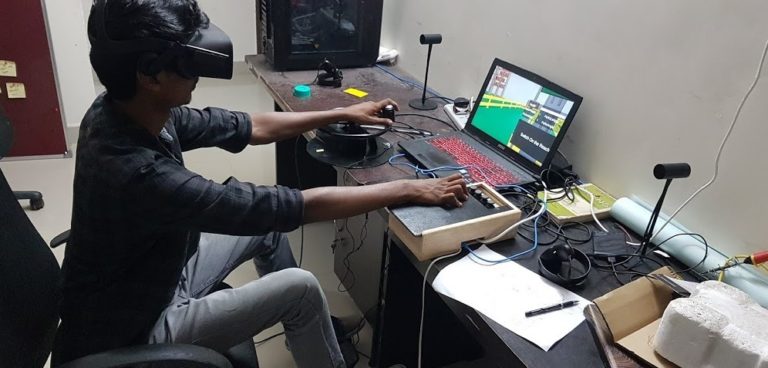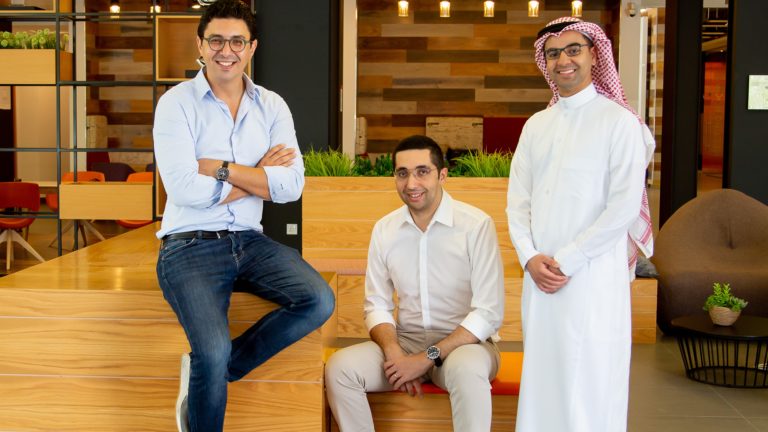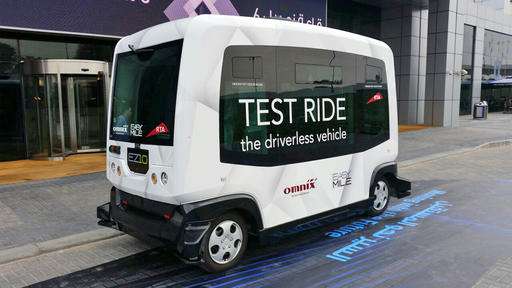- Uses 275nm wavelength ultraviolet light to kill germs and does not release any toxic chemicals or fumes.

One thing that made us all aware due to Covid-19 is sanitise. We all carry hand sanitiser all the time, wash our hands before and after touching things but there should be a way to sanitise the knives and spoons we use every day in the kitchen as food safety has become a top priority.
Studies have shown that it is difficult to cleanse knives and flatware properly, even with soap and water.
The daily utensils can be a breeding ground for germs and bacteria and can remain on utensils and can contaminate your food and cause serious illness.
There are other ways to sanitise utensils such as boiling or using antiseptic liquid but it is too time-consuming or can raise food safety issues.
The demand for steam cleaners and air purifiers has hit the roof and appliance manufacturers are looking to incorporate the antimicrobial UV filters and antibacterial materials to their products.
The Chinese company – Hookee – has taken the lead by using patented ultraviolet (UV) LED light, proven to be highly effective at killing bacteria and germs by destroying the structure of DNA and RNA at the cellular level, to auto sanitise knives and flatware.
Why Knife Guard?
It helps to eliminate risks of infection common with raw and cooked foods.
The Hookee Knife Guard claims to kill 99.99% germs with 275nm wavelength but we did not have a device or method to test the claim.
The Hookee team has been designing and manufacturing small kitchen appliances since 2017.
Compared to traditional mercury UV lamps, Hookee does not contain any toxic chemicals or release of any fumes. It operates safely for you and the environment.
In addition to UV treatment, Knife Guard applies a 158°F (70 Celsius) high-temperature drying process to utensils to prevent invisible kitchen threats.

The 158°F temperature not only disinfects the knives and flatware but also dries them and maintains a sufficiently dry environment inside of the block that inhibits bacterial growth.
It is simple to use and has three different slots provide you with enough space for 12 knives along with 14 spoons, forks and chopsticks in a safe upright position with blade separation, protecting their sensitive sharp edges.
Knife Guard is safe for all utensil materials including metal, ceramics, silicone and other food-grade plastics, up to 8 inches deep.
However, we tested the product and it performs as slated and the top slot can be removed and cleaned with soap and water, keeping it safe and hygienic.
The Hookee knife block takes 40 minutes to sanitise and dry flatware which is a bit too much for a housewife.
The auto-sensing mode measures the humidity inside the block and turns on the auto cruise mode when switched on.
It weighs 790 grams and the company claims the product is inspected, verified and tested by SGS, a multinational company headquartered in Geneva.
The new Hookee Knife Guard UV sanitiser is currently available for pre-order for a limited time on Kickstarter with special pricing to reward early supporters. The Kickstarter campaign ends by the end of this month while the mass production and delivery will start in November. The device is priced at $129 (Rs 9,680.26).
Pros
- Unique design
- Simple to use
- Idle for a small family
- Easy to clean
- Auto-sensing and drying technology
- No chemicals or fumes
Cons
- Takes a bit long time to sanitise
- May be expensive for some
- Available only in November
- Not idle for knives with more than 8-inch deep











